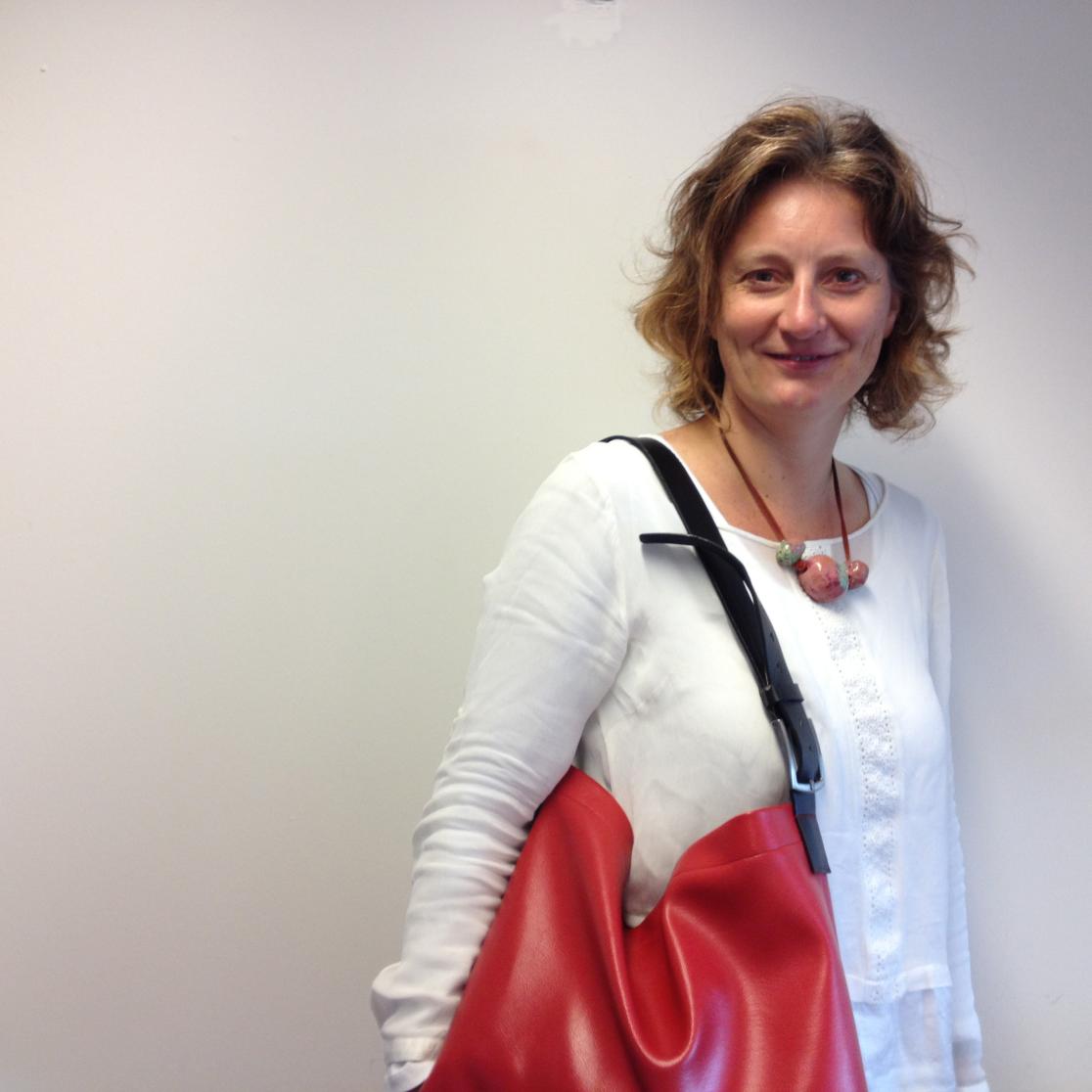D&I Advisory Council
UM has appointed an advisory council on diversity and inclusivity in order to support, challenge and inspire the Executive Board in the realisation of the UM’s mission and strategy. The Advisory Council consists of UM staff, UM students and members not employed by Maastricht University.
The council is chaired by the UM President.
Tasks and responsibilities of the Advisory Council:
- acts as an ambassador for diversity and inclusivity, both internally and externally
- issues solicited and unsolicited recommendations in the area of diversity and inclusivity
- proposes new initiatives and consults with external experts where necessary
- advises the Executive Board on the prioritisation of specific diversity and inclusivity policies
- provides advice on projects aimed at gaining qualitative and quantitative insights into the UM community
- provides advice on the allocation of financial resources for research projects and activities
- advises the D&I Office about policy matters and monitors the impact of D&I policies and initiatives
- endorses and promotes the Diversity Charter formulated by the Labour Foundation
Advisory Council - members
Advisory Council is chaired by UM president Rianne Letschert and Diversity Officer Constance Sommerey serves as secretary.
Jamiu Busari, Associate professor of Medical Education, Faculty of Health, Medicine and Life Sciences
Didier Fouarge, Professor in Dynamics of Skills Allocation, School of Business and Economics
Mark Kawakami, Assistant Professor, Faculty of Law
Manuel Ntsoumou, Student Faculty of Science and Engineering
Margriet Schreuders, Director Student Services Centre
Eliza Steinbock, Associate Professor Gender and Diversity Studies, Faculty of Arts and Social Sciences
Nanne de Vries, Professor of Health Promotion, member executive board MUMC
Albertine Zanting, Senior Policy Advisor Internationalisation and Researcher of Cultural Diversity, Faculty of Health, Medicine and Life Sciences
Fred Zijlstra, Professor of Work & Organizational Psychology, Faculty of Psychology and Neuroscience and director of Centre of Expertise for Inclusive Organisations
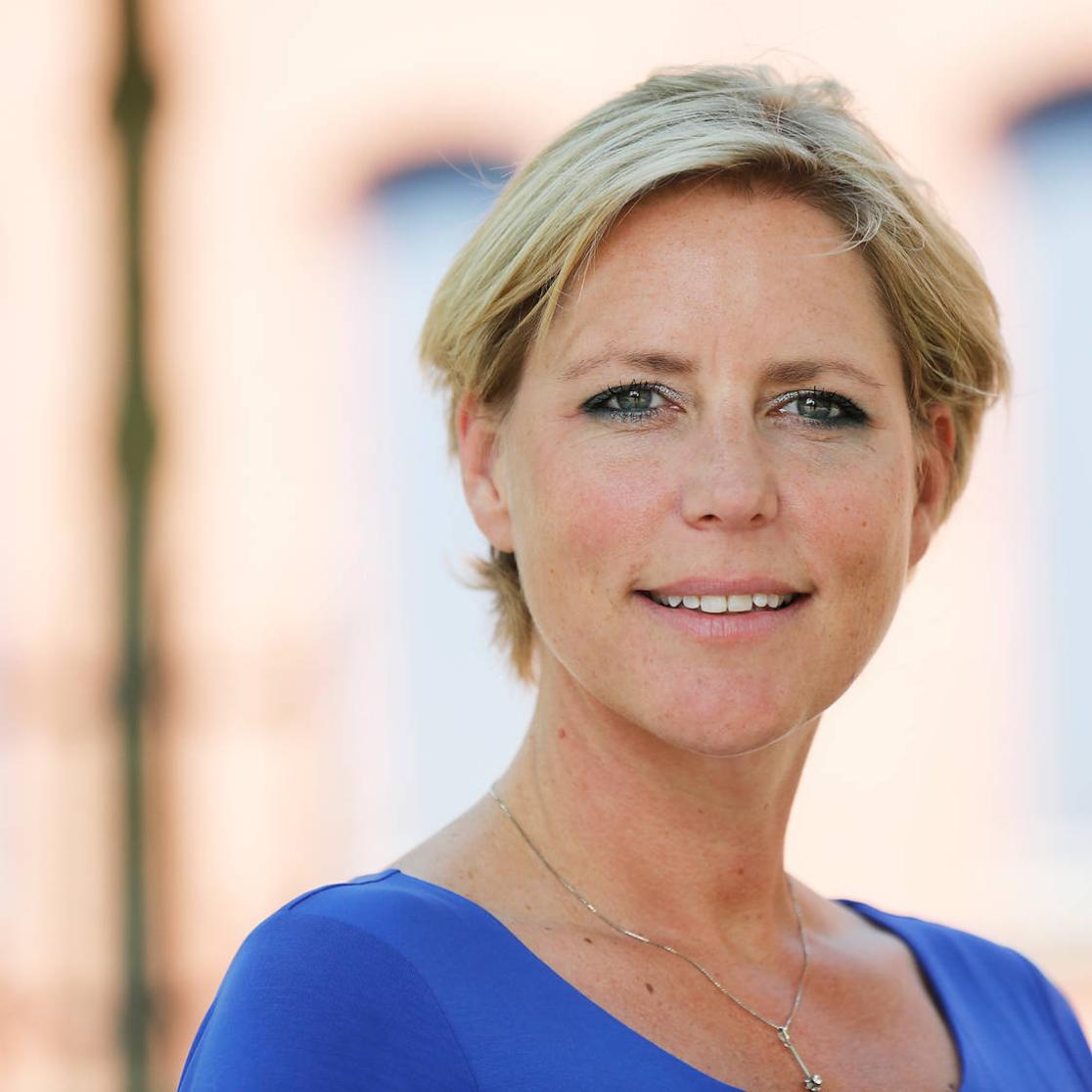
A real 'community' will only come about when people who differ on many fronts don't just tolerate each other but work together and learn from each other.
Jamiu Busari
Jamiu Busari is an associate professor of medical education at Maastricht University, Consultant Pediatrician and Dean of the HOH Academy at Horacio Oduber Hospital, Oranjestad Aruba. Born in England and African by heritage, Jamiu has lived and studied in England, Nigeria, Curacao, Netherlands, United States, Canada and currently in Aruba. His personal views in life are defined largely by his experiences from the diverse cultural backgrounds and professional exposure in different cultural contexts.
Jamiu is a Maastricht University alumnus, a Harvard Macy Scholar and an HBS executive education graduate in Managing Health Care Delivery. He is a previous executive board member of the Netherlands Association for Medical Education (NVMO), a founding member of ‘sanokondu’ (an international community of practice dedicated to fostering health professional leadership education worldwide) www.sanokondu.com He is currently a member and co-chair of The International Summit on Leadership Education for Physicians (TISLEP) planning committee http://tislep.pgme.utoronto.ca/ and a faculty member on quality and safety in health care to the Netherlands-Caribbean foundation for clinical higher education, Curacao www.naskho.org
Jamiu is a public speaker, writer, educator and health care leader. He is a fervent advocate for diversity, equity and inclusivity (DEI) for the less privileged in society. As an international scholar on Diversity, Equity and Inclusion (DEI), he is a featured speaker on DEI related topics at conferences (ICRE2019, NVMO2019) and meetings (University of Manitoba 2018, University of Toronto, D&I 2019, Leadership in Healthcare, FMLM, 2019 and Science Café, Univ. of Utrecht, 2020). He has published a number of papers on implicit bias, racism and gender discrimination in health care and medical education. He is also a mentor on DEI issues to medical students (including African-Caribbean Maastricht University Society) and junior physicians. Besides DEI, Jamiu’s research interests include health care management and leadership, faculty, residency and curriculum development.
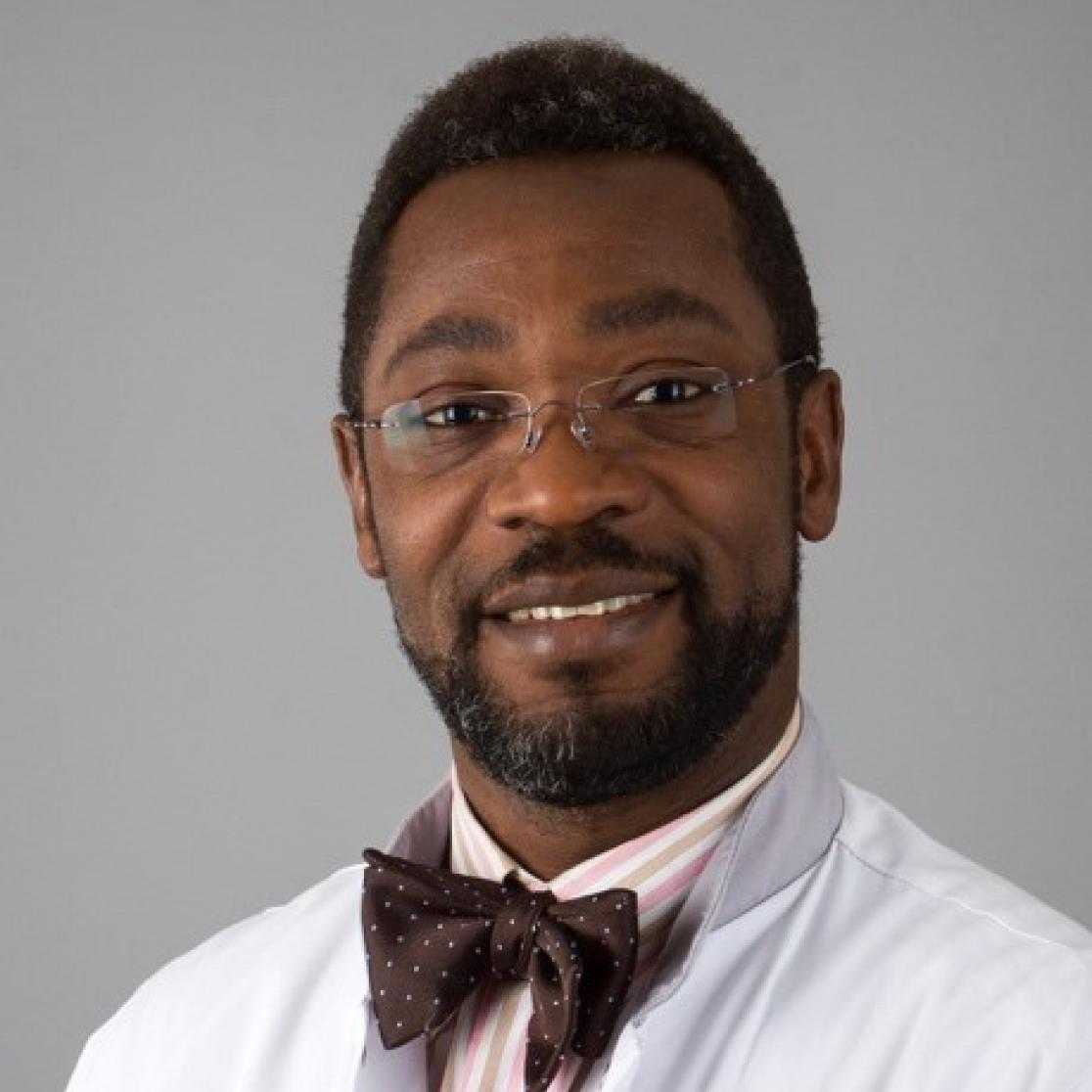
Didier Fouarge
See Didier's profile.
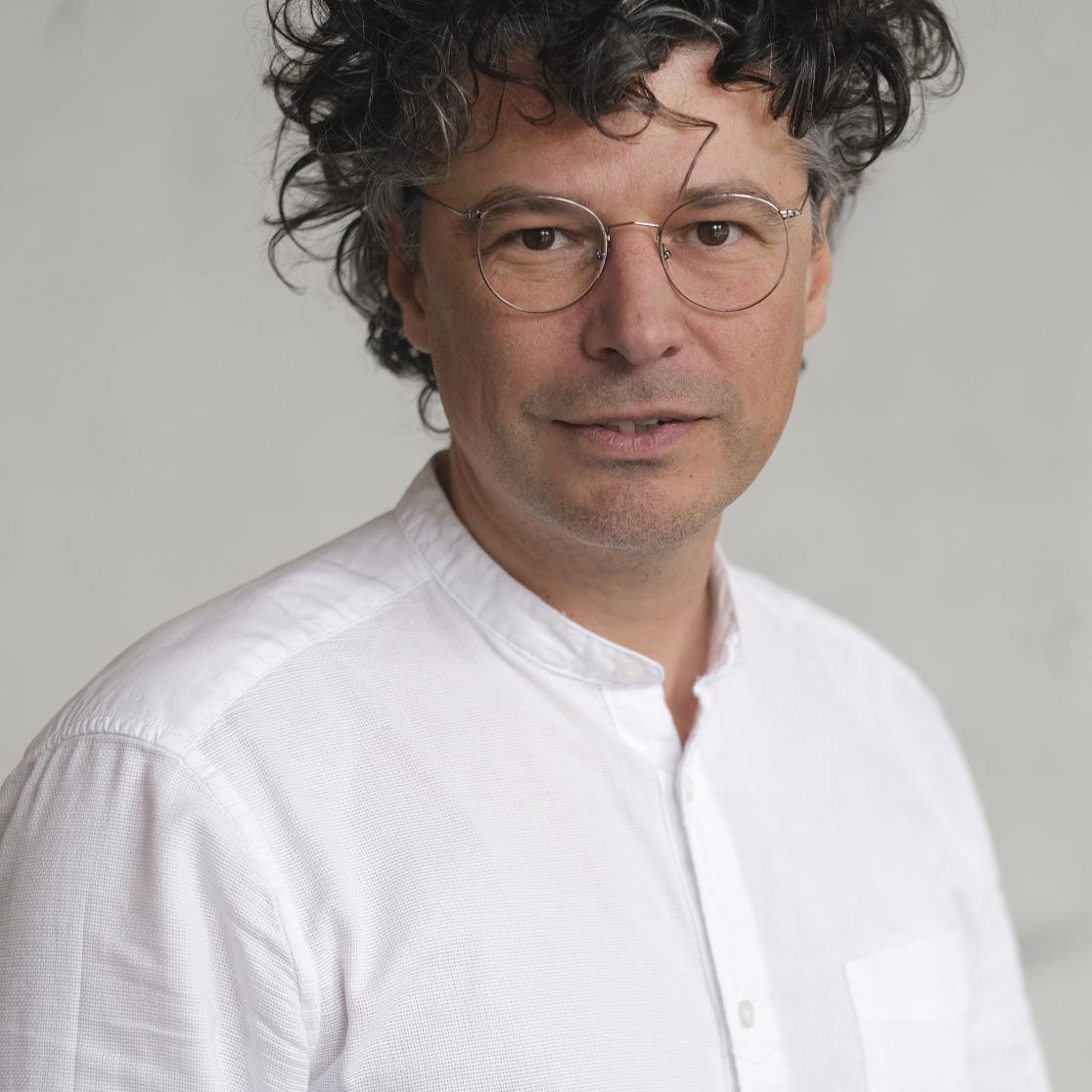
Mark Kawakami
Being a member of the D&I AC allows me to engage with our community and to work towards strengthen our University by empowering our people. Whether through initiatives aiming to increase our collective awareness and understanding on issues of diversity and tolerance or debating what those initiatives ought to look like, the work of the D&I AC is a challenging and fulfilling endeavor. For me, it is a wonderful opportunity to (hopefully) contribute to our community, which has given me so much.
https://www.maastrichtuniversity.nl/nl/mark.kawakami
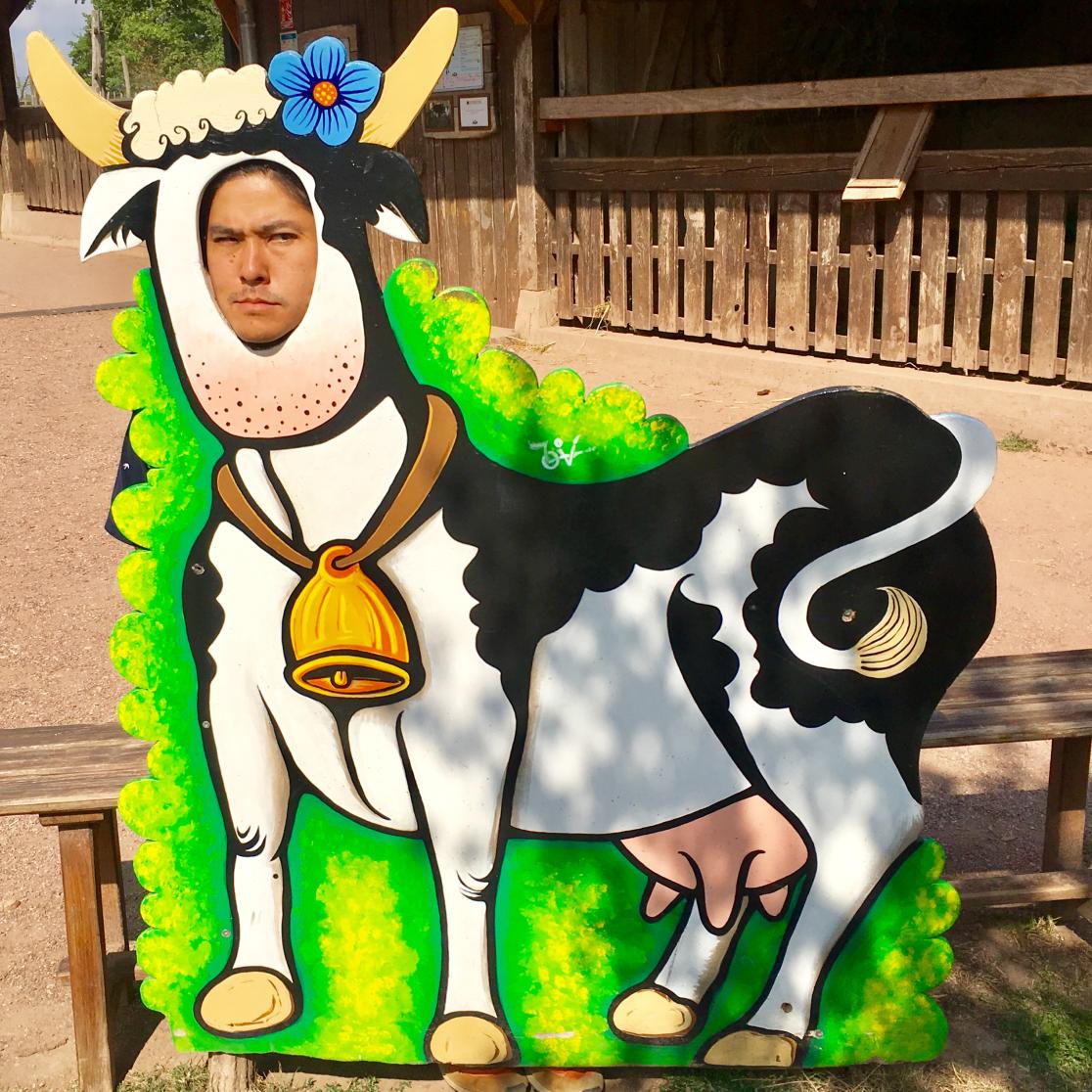
Margriet Schreuders
As the population at Maastricht University is highly diverse, I believe it is crucial that we as an organisation are open to hearing all these different voices and that we make sure that everyone is represented. To become more inclusive we need to stop making assumptions, but ask questions and be intrinsically interested in the answers and willing to adjust your believes and opinions based on that.
In my capacity as director at the Student Services Centre I strive, together with my colleagues, to create truly inclusive services for all students.
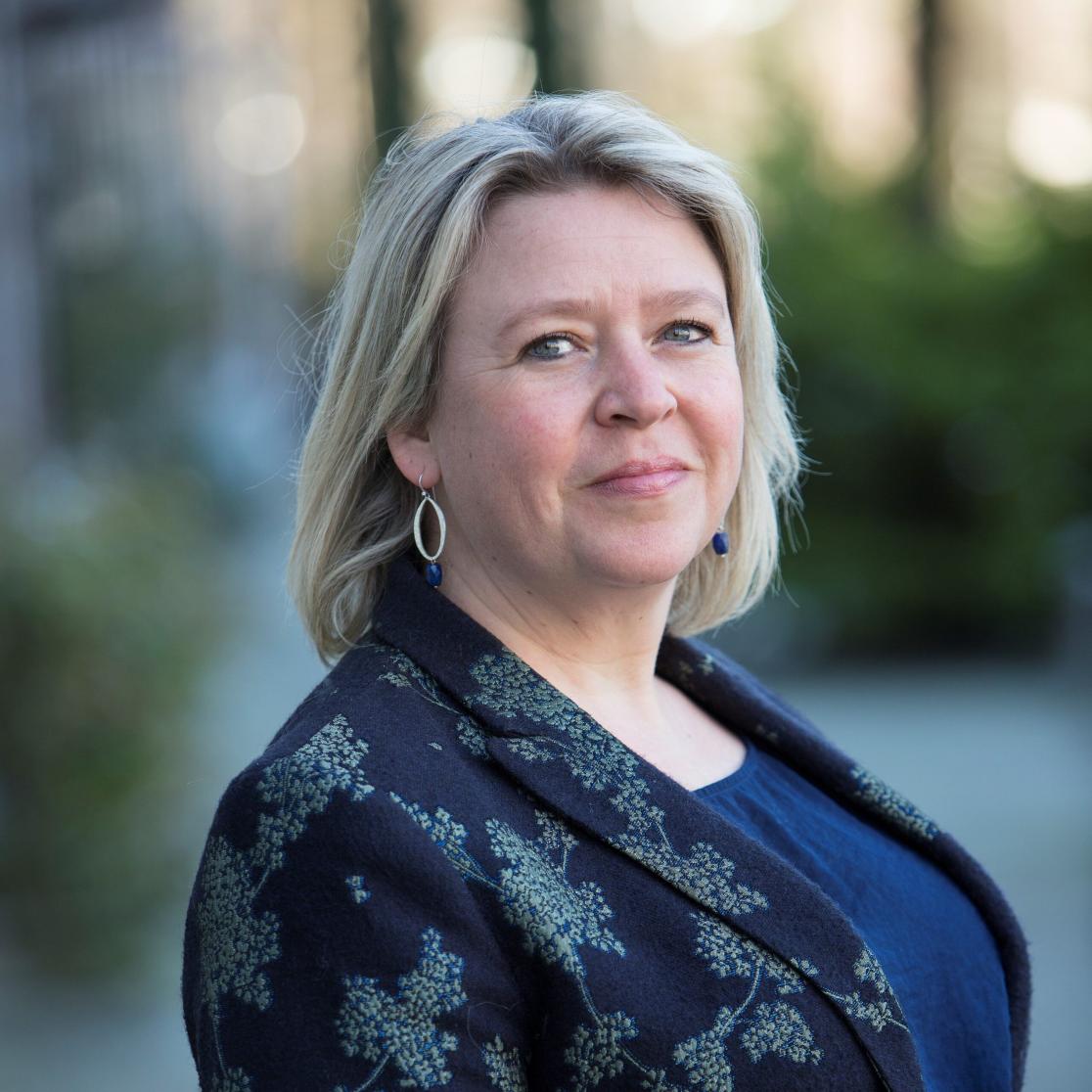
Eliza Steinbock
My name is Eliza Steinbock (they/them pronouns, hen/hun voornaamwoorden) and I'm proud to serve on this advisory council in which I want to speak for intersectional perspectives on equity, for promoting gender and sexual diversity, and for deconstructing forms of ableist and racist thinking often undergirded by colonial mentalities. I recently joined UM in the position of Associate Professor in Gender and Diversity Studies at the department of Literature and Art in the Faculty of Arts and Social Sciences and am affiliated to the Centre for Gender and Diversity. I want to make academia and classrooms more accessible, which requires dismantling forms of able-bodiedness and able-mindedness. I move in the world as a non-disabled white person with dual US-Dutch nationalities, a queer sensibility, and a trans identity.
I have given over 100 talks around the world on topics of transgender visual culture and politics, including within art and culture institutions in Moscow, New York City, Berlin and Utrecht. My 40+ articles and book chapters analyze the intersecting dimensions of gender, sexuality, race, and ability in examples from contemporary visual culture. I authored the Society for Cinema and Media Studies awarded best first book, Shimmering Images: Trans Cinema, Embodiment, and the Aesthetics of Change (Duke, 2019), and my most recent publication is the 2021 TSQ: Transgender Studies Quarterly "Europa Issue." My professional international service includes being a co-editor for the book series ASTERISK: Gender, Trans-, and All That Comes After at Duke University Press and serving on several journal boards.
I lead the NWO Smart Culture project “The Critical Visitor: Intersectional Approaches for Rethinking and Retooling Accessibility and Inclusivity in Heritage Spaces” (2020-2025). The Critical Visitor investigates how heritage institutions can achieve inclusion and accessibility within their organization, collection, and exhibition spaces that meets the breadth of demands placed by today’s “critical visitors.” Fifteen heritage partners collaborate on activities to develop language and tools that dismantle intersecting oppressions, forms of exclusion, and marginalization. The project asks, “How can initiatives in the Dutch cultural sector become more intersectional, in the sense of developing multi-issue approaches to inclusion and accessibility?” (Like our Facebook page to get updates on our activities.)
My research is committed to mapping out the interconnections of social realities with cultural productions, that is, how art-making can be socially embedded and culturally responsive. This synergy of art-activism-academia is also my lived reality as I have long collaborated on film festivals and art exhibitions that showcase gender diversity in its intersection with other minoritarian arts of survival (2003-present). My latest curated show is “Radical Tenderness: Trans for Trans Portraiture” in the Staten Island, NY museum The Alice Austen House. In the recent past I was invited to speak at open and closed D&I events on gender-neutral language, trans inclusive policies, feminist curation and intersectional art.
My long-time interest in transgender studies is due to the way it potentially innovates any discipline by challenging the presumptive binary organization of people, knowledge, and categories. I am also a non-binary trans person –some might say genderqueer– and I use the pronouns they/them/their and the honorific Mx. to indicate a gender identity that is neither male/man nor female/woman. You can read the explication of my scholarly attitude to conducting “me-search” in the preface to Shimmering Images.
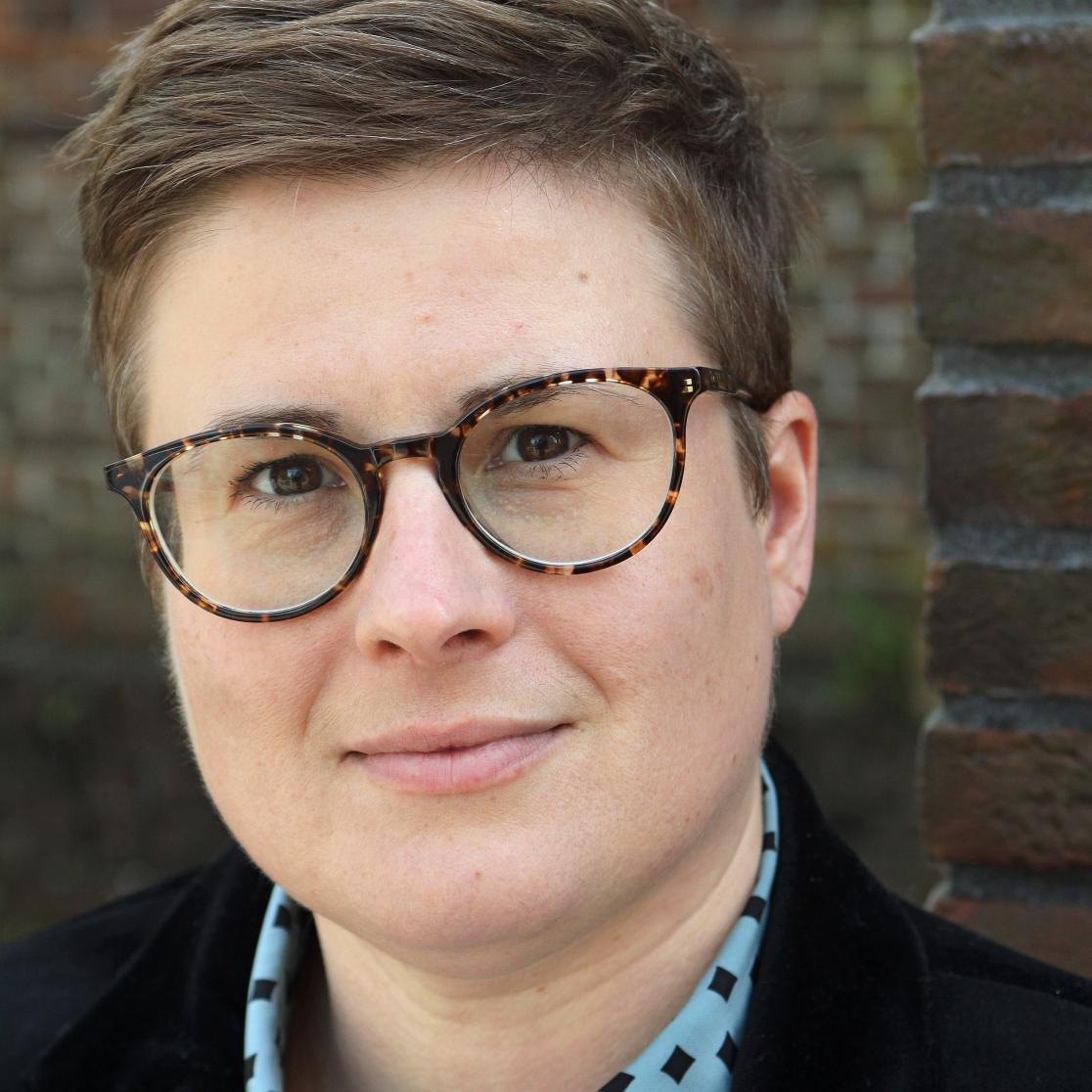
Albertine Zanting
Since young age, I have an interest in cultural diversity and social justice, which lead to degrees in International relations (human rights) and Intercultural communication. Also in my personal life, through various experiences, I became aware of concepts such as implicit bias, the impact of being ‘different’, inclusion, stereotyping, white privilege, and diversity management.
Today, my ambition is to make visible how and which underlying values/mechanisms/perspectives unconsciously create and confirm disparities in educational (and other) practices.
My ultimate aim is to improve the quality of education, which I try to bring about in different roles: as researcher on cultural diversity in medical education, as trainer and teacher in several educational programmes, and as senior policy advisor.
I am a member of the Maastricht University Taskforces Internationalisation (Faculty of Health, Medicine and Life Sciences) and International Classroom, and of the Advisory Council on Diversity & Inclusivity. Diversity is a fact, not a problem.
